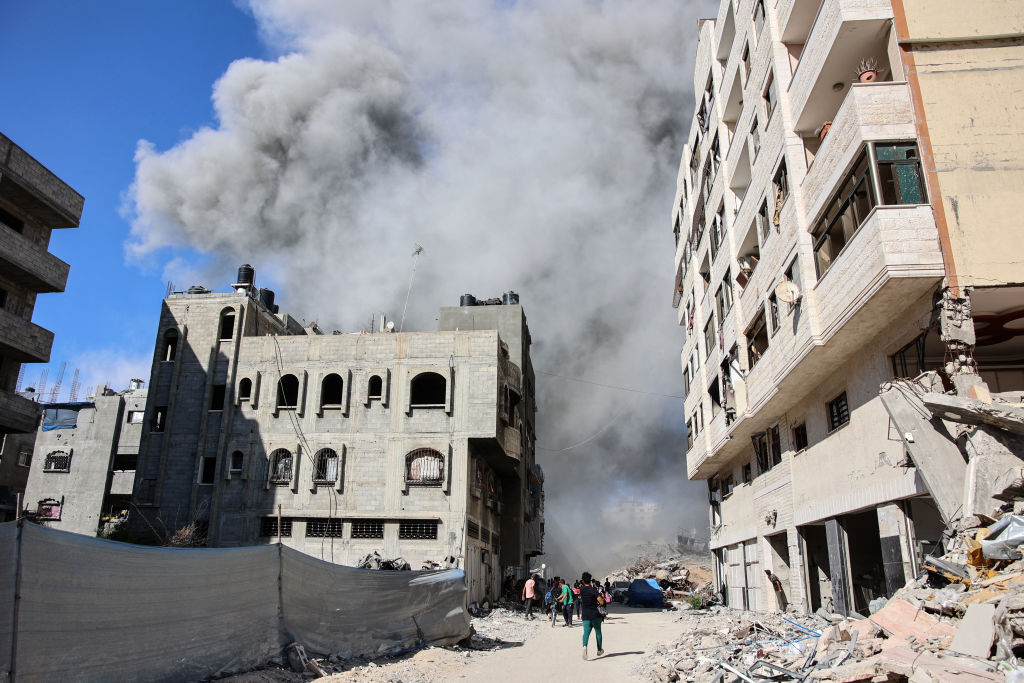
Israel and Lebanon’s Hezbollah engaged in their most intense exchange of fire on Sunday after months of ongoing strikes and counterstrikes, heightening fears of a full-scale war.
By mid-morning, the exchange had ceased, with both sides claiming they targeted only military sites. The Israeli strikes resulted in the deaths of three militants in Lebanon, while no casualties were reported on the Israeli side. However, tensions remained high.
Israel stated that about 100 warplanes conducted airstrikes targeting thousands of rocket launchers in southern Lebanon to prevent an imminent Hezbollah attack. In response, Hezbollah claimed to have launched hundreds of rockets and drones at military bases and missile defense positions in northern Israel and the Israeli-occupied Golan Heights.
Hezbollah described their attack as a preliminary response to the assassination of one of its founding members and senior commanders, Fouad Shukur, in an Israeli airstrike in Beirut last month. The group said its military operations for the day were complete but indicated they could launch deeper strikes into Israel in the future. Hezbollah also refuted Israel’s claim of preventing the attack, though it did not provide evidence to support its own assertions.
The Israeli strikes killed two Hezbollah fighters and a militant from an allied group, injuring two others in Lebanon. According to Lt. Col. Nadav Shoshani, an Israeli military spokesperson, initial assessments showed “very little damage” in Israel.
The United States, Egypt, and Qatar have been working for months to broker a cease-fire in Gaza and secure the release of hostages held by Hamas. These diplomatic efforts have gained urgency recently, as a cease-fire deal is seen as the best chance to reduce regional tensions.
Hezbollah has indicated it would cease its border attacks if a cease-fire is reached in Gaza. It remains unclear whether Hezbollah or Iran would stop or scale back their retaliatory actions over the killings of Shukur and Hamas political leader Ismail Haniyeh. However, neither wants to be perceived as derailing a potential cease-fire agreement.
Despite intensive diplomatic efforts, significant obstacles remain, such as Israel’s demand for a permanent presence along two key corridors in Gaza, a condition opposed by Hamas and Egypt. High-level discussions are scheduled in Egypt on Sunday to address these issues.




